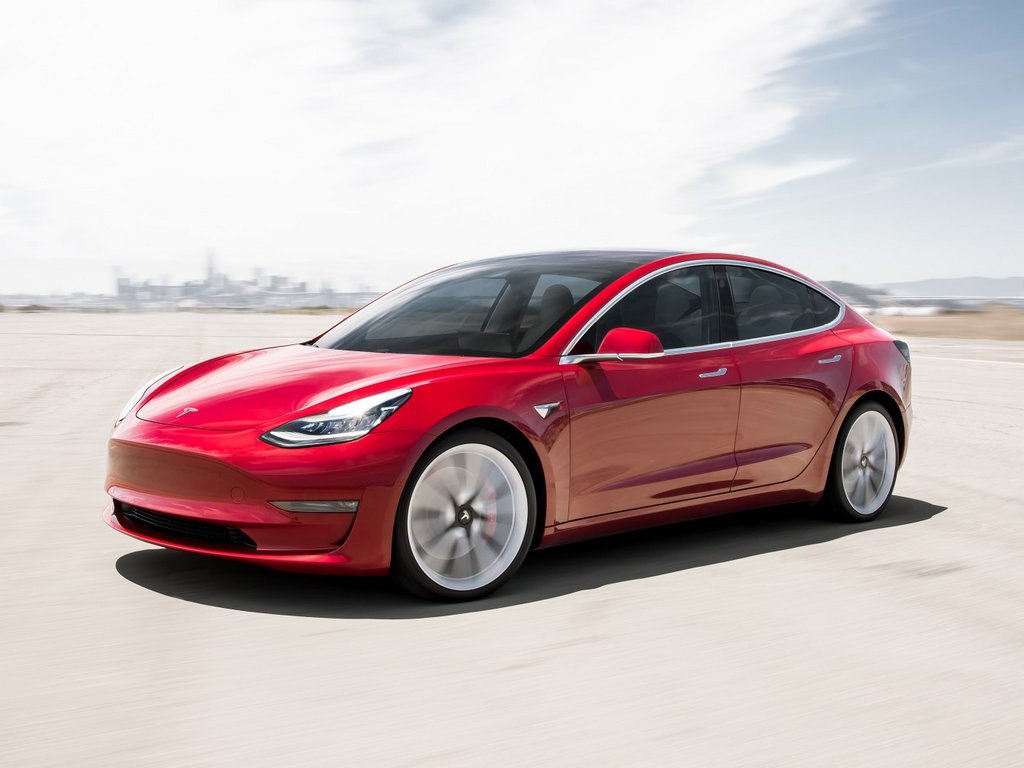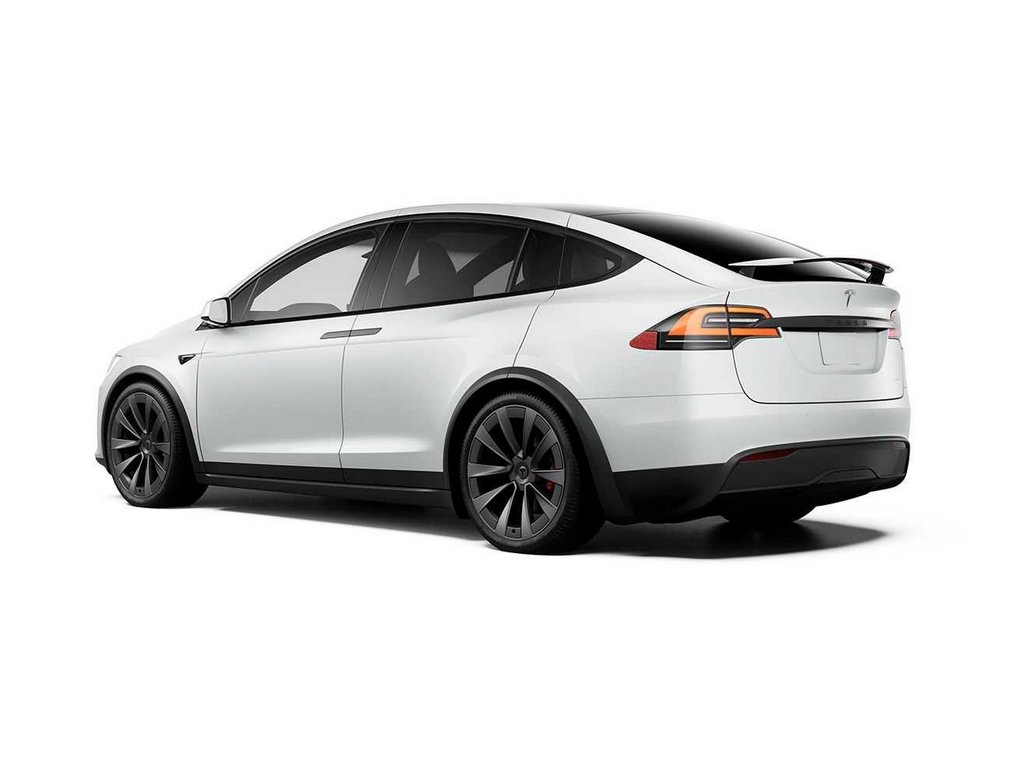Tesla Assured World’s Lowest Production Costs If Firm Makes EVs In India
Union Transport Minister Nitin Gadkari states the Centre can give concessions only if the brand wholly produces cars here.
Union Transport Minister Nitin Gadkari states the Centre can give concessions only if the brand wholly produces cars here.

Tesla will realise the lowest production costs in India, when compared with the world, even China, when it starts manufacturing cars here, Union Transport Minister Nitin Gadkari has stated.
According to the minister, the California-based electric vehicle (EV) maker should make the entire product in the country, instead of only assembling them, by hiring local vendors, for the government to offer incentives.
However, he did not reveal the kind of concessions the government would offer Tesla if it begins wholly manufacturing EVs in India.
In January, the California-based electric vehicle (EV) maker registered its Indian arm, called Tesla India Motors and Energy Private Limited, and plans to set up a research and development centre near Bengaluru, Karnataka.
The carmaker is expected to enter the country by the middle of the year and start selling its Model 3 electric sedan which will be an import at first. The EV firm also has plans to assemble its cars at a factory here.
Gadkari’s statement about Tesla production costs, if anything, proves that the firm will indeed be assembling its cars in India and not merely importing them, even as talks between the EV firm and the Karnataka government continue as both parties have yet to reach an agreement.
Further, the Union Transport minister wants India to be an export hub for EVs, especially since about 80 percent of components for Lithium-ion batteries are now being made locally.
Also, Gadkari revealed that he wants to engage with with Tesla about building an ultra high-speed hyperloop between Delhi and Mumbai.
It is well known that India wants to boost local manufacturing of EVs, batteries and control modules. The Centre is working on a production-linked incentive scheme for automakers, including component manufacturers. Even States, like Telangana, have come up with their own plans with regard to the same.
EVs accounted for only 5000 of the total 24 lakh cars sold in India in 2020, partly due to the high buying cost, but chiefly due to the negligible charging infrastructure.
But, EV sales will only increase in the coming years as, having already introduced stringent emissions regulations, the Centre will introduce stricter fuel efficiency rules by April 2022.
This is expected to compel carmakers to add hybrids and (or) EVs to their portfolios, thereby helping the government meet its Paris Paris Accord climate treaty commitments in due course of time.

Source – Reuters.com
